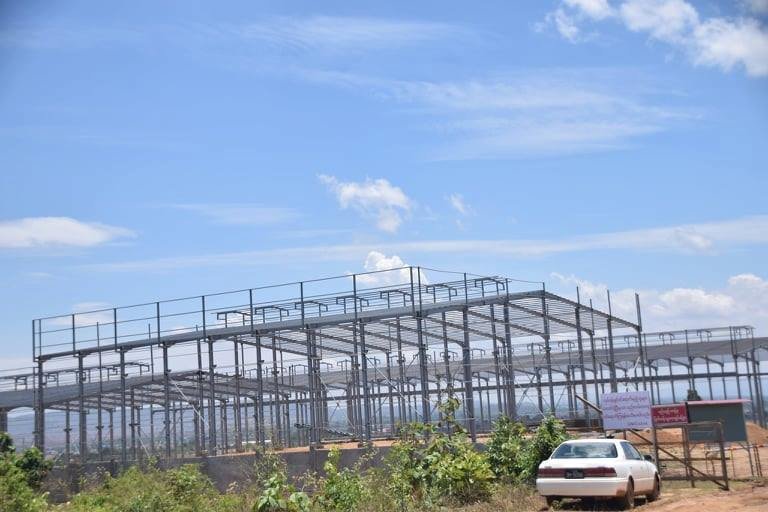Saturday, June 6, 2020
Critics of the government say it’s dishonouring an agreement made with the Karenni National Progressive Party (KNPP) during a state-level ceasefire agreement in 2012 to not start mega-development projects unless it has its cooperation.
A coalition of Karenni civil society organisations (CSOs) accuse the government of implementing mega-development projects in Karenni State during the COVID-19 pandemic.
Saw Eh Say, from Kayah Earthrights Action Network (KEAN), told Kantarawaddy Times the government is building Burma’s largest tungsten refinery without KNPP’s consent.
Khun Angelo, from Myanmar Alliance for Transparency and Accountability (MATA), said the government’s failure to recognize a land policy that was drafted by Karenni CSOs is the reason why land disputes in Karenni State will continue.
“With regard to land management in Karenni State, we have already informed them that we have a land policy. It’s already drawn up and I think they should use it,” Khun Angelo says.
Ko Deede, from Karenni State Farmer’s Union, said the civilian government and parliamentarians should stand with the people and farmers.
“Despite having a civilian government and elected civilian parliamentarians, they still have to follow the 2008 Constitution. This makes it difficult for them to enact a land policy that favours the people. I think if parliamentarians work hard, it is still possible to achieve this,” says Ko Deede.
Dana Pyae Won applied to extract tungsten on 24.7 acres of land in Kong Tha village-tract. After strong opposition from locals, its application was not accepted.
The largest tungsten refinery in the country is being built in the Nwar Lawow village-tract industrial zone, located in Loikaw township.


